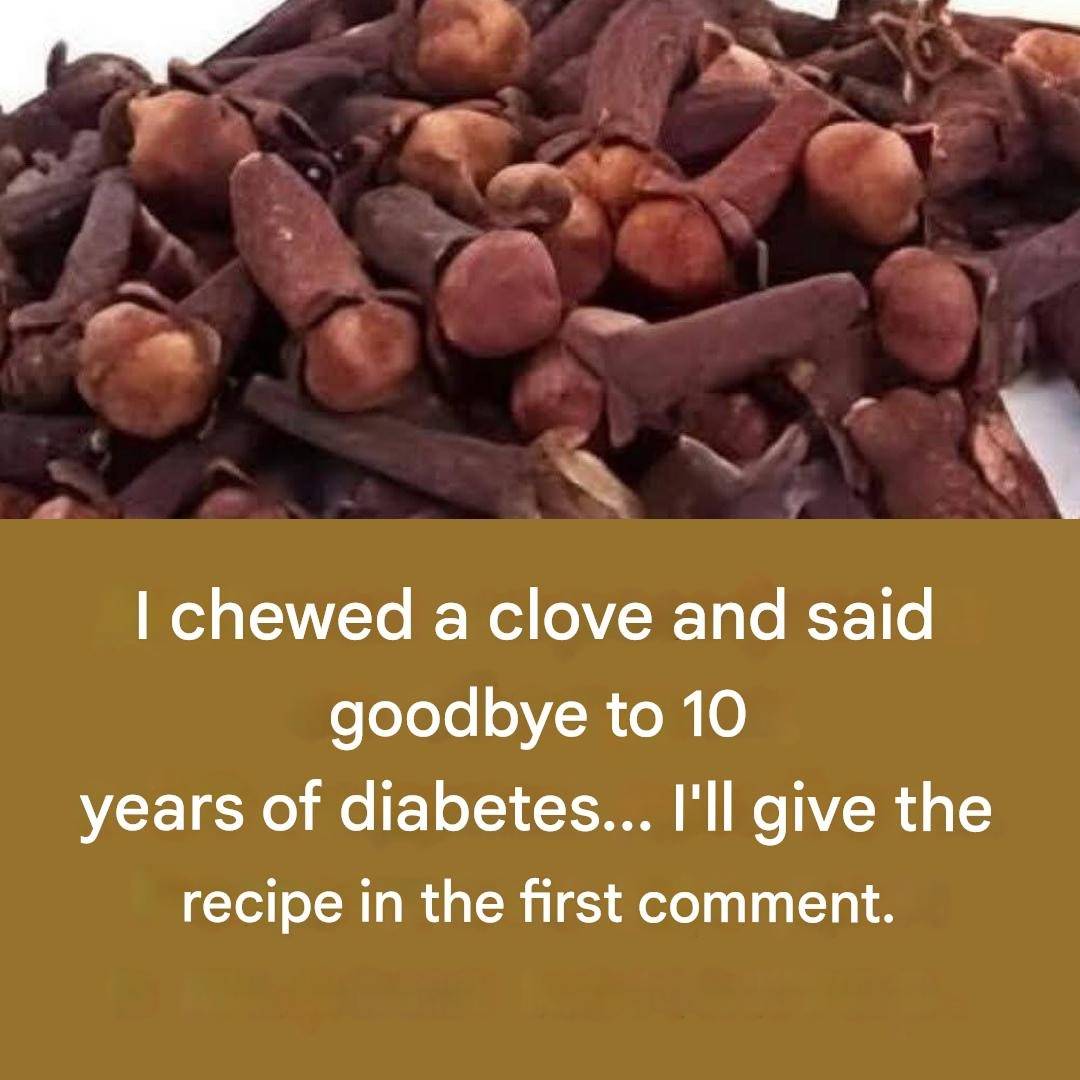Raphael sat down next to him on the warm stone. He spoke gently:
— Every spice has its own voice. Clove — the voice of the guardian. It remembers. Everything. People who have eaten it — with joy or with fear — have left a mark on it. That’s why a real clove is always a little sad… but it knows how to heal through that sadness. To turn it into knowledge.
Alfredo slowly opened his eyes. Before him was the same courtyard, the same fountain. But now he saw it differently—as if he knew what had happened here centuries ago. A woman in a red sarong, preparing an elixir at a stone altar. A boy handing her a bundle of cloves. Tears. A blessing. A song.
“Were these…memories?” he whispered.
“That was true,” Raphael nodded. “A truth you won’t read in a book or find in a laboratory. That’s what plants carry with them while man runs after the noise. You understood it—and it was revealed.”
He reached out and placed another button on Alfredo’s palm.
But be careful. Not all spices are benevolent. Clove gives power only to those who come with the intention of remembering. If you use it for power, it closes forever. And then only ashes remain.”
Alfredo pressed the second button. There was no song. But there was silence. Wise, deep. Like a pause between heartbeats.
“And then?” he asked.
Raphael stood up.
— Now you must return. To the world. To the city. To the people. And start cooking. One recipe at a time. One cup at a time. Let the clove speak for itself—to those who are ready to listen.
The next day Alfredo was standing at the market again, but now on the other side of the stall. He wasn’t selling—he was serving. With tea. Simple: water, cloves, a warm word. Some passed by. But those who stopped held their breath and looked into the cup as if into a mirror of the past.
And the song began again.
Chapter II. Those Who Hear
A week passed. Then another. Alfredo never returned to his old life. He closed his culinary shop and opened a small teahouse instead. No sign, no advertising. Just a narrow door with the aroma of spices that opened when evening descended on the city.
People came first by chance. They felt that the place was different: here the silence did not oppress, but embraced. Here the tea did not just warm – it reminded. Something forgotten. Something that never was. Here conversations began in which words seemed superfluous.
He prepared the clove tea by hand. Each button was like a key to a specific heart. Sometimes one, sometimes three, sometimes none, if the person wasn’t ready. He didn’t explain, he didn’t lecture. He just poured it into the cup and waited. The reactions were always different.
A man with trembling hands froze, clutching his glass, and whispered,
“I smelled the scent of my father’s coat again. He died in 1987. I had forgotten that smell. Now it’s with me again.”
A woman who came in one morning with puffy eyes whispered after the first sip,
“I’m no longer afraid to remember my daughter. She’s not gone. She’s just changed.”
Every day was like a little journey through the memories of other people’s souls. Alfredo wrote everything down—not for himself, but because he felt the carnation begging him: “Remember. I can’t carry it all alone.”
But once, in late autumn, when the air became heavy and the city began to smell of rain and smoke, a man who smelled of nothing entered the teahouse.
ADVERTISEMENT

